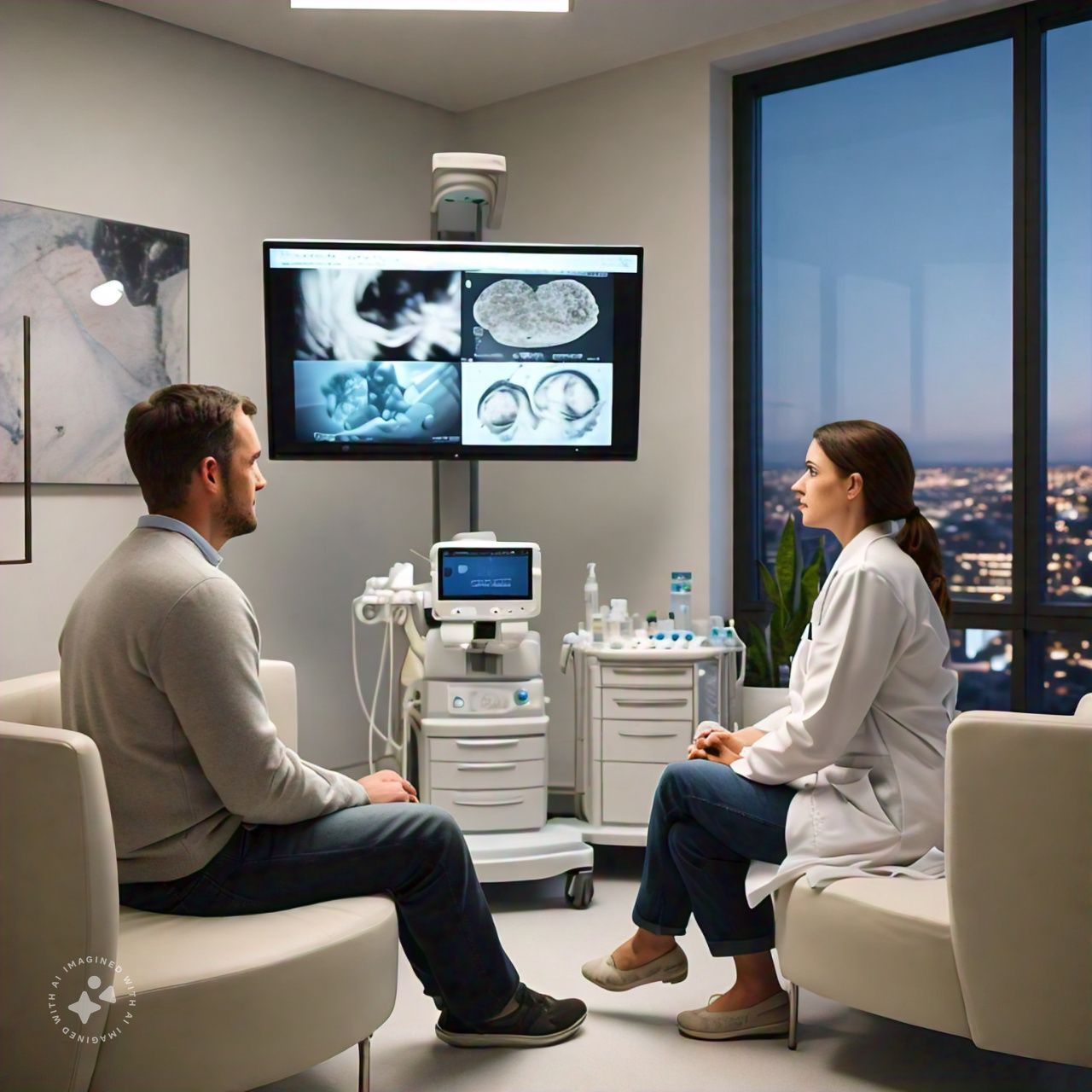In Vitro Fertilization (IVF) has transformed the landscape of reproductive medicine since its inception in the late 20th century. As more couples turn to this assisted reproductive technology to conceive, a common question arises: Are IVF babies normal? This article explores the nuances of IVF, its implications on child health, and the broader context of what “normal” means in this setting.
What is IVF?
IVF is a complex medical procedure that involves several steps:
Ovarian Stimulation: Hormonal medications are administered to stimulate the ovaries to produce multiple eggs.
Egg Retrieval: Once the eggs are mature, a minor surgical procedure is performed to retrieve them from the ovaries.
Fertilization: The retrieved eggs are fertilized with sperm in a laboratory setting. This can be done using traditional insemination or Intracytoplasmic Sperm Injection (ICSI), where a single sperm is injected directly into an egg.
Embryo Culture: The resulting embryos are monitored for several days to assess their development.
Embryo Transfer: One or more healthy embryos are selected and transferred into the uterus, with the hope of implantation and pregnancy.
Read more about: IVF
Read realated: What is doesn’t work?
Are IVF Babies Different?
When discussing whether IVF babies are “normal,” it is essential to define what is meant by “normal.” Generally, IVF babies are as normal as naturally conceived babies in terms of development and health. However, research indicates that there are some differences worth noting.
Health Outcomes
- Birth Defects: Studies have shown that there may be a slightly increased risk of congenital anomalies in IVF babies compared to those conceived naturally. This can be attributed to several factors, including parental age, underlying fertility issues, and the IVF process itself.
- Multiple Births: IVF often leads to multiple pregnancies (twins, triplets, etc.), especially when multiple embryos are transferred. Multiple births are associated with higher risks, including premature birth and low birth weight.
- Long-term Health: Most studies indicate that children conceived through IVF have similar long-term health outcomes as their peers. However, some research suggests a minor increase in the risk of certain conditions, such as childhood cancers or metabolic issues, but these findings are still being investigated.
Psychological and Developmental Aspects
Children conceived through IVF generally develop normally in terms of cognitive, emotional, and social development. Some studies suggest that IVF children may experience unique challenges due to the circumstances of their conception, such as parental anxiety or societal stigma. However, these factors do not inherently indicate abnormal development.
The Role of Parental Factors
It is essential to recognize that many parents seeking IVF have pre-existing fertility issues, which can also impact their children’s health. Factors such as advanced maternal age, genetic conditions, or lifestyle choices (like smoking or obesity) can play a significant role in the health of both the parents and their children, whether conceived naturally or through IVF.
The “Normalcy” of IVF Babies in Society
As IVF becomes more common, the stigma surrounding assisted reproductive technologies is gradually diminishing. Many people now view IVF babies as just as “normal” as those conceived naturally. This shift in perception is essential for fostering an inclusive society where all family-building methods are respected.
Personal Narratives and Societal Views
Personal stories from families who have experienced IVF can shed light on the realities of raising an IVF child. Many parents report that their IVF babies are healthy, happy, and thriving. Sharing these narratives contributes to normalizing IVF and reducing misconceptions.
Read Also: IVF waiting time
Conclusion
In conclusion, IVF babies are, in many ways, just as normal as those conceived naturally. While there may be slight differences in health outcomes, the vast majority of IVF children grow up healthy and well-adjusted. As societal attitudes continue to evolve, it is essential to foster understanding and acceptance of diverse pathways to parenthood. Ultimately, the love and care provided by parents—regardless of how their children were conceived—are what truly defines a “normal” family.




